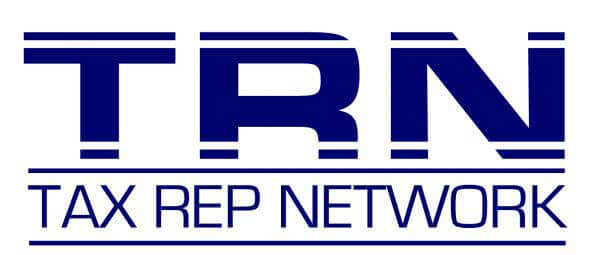When my office phone rings at 5:30 on a Friday afternoon, you know it’s probably bad. This particular call was no exception. On the other end of the line was Bob, a CPA I had known for years.
“Counselor,” he started, “I have a real problem.”
“Okay, Bob, what’s the problem?”
“The IRS audited a few of my S Corp clients and then expanded to a few more. They claim my clients should have been taking a reasonable salary.”
I agreed with that. “How much salary did the clients take?”
“Most took none, a few took a little. I have been harassing them for years to take a reasonable salary, but they don’t listen,” said Bob. “I don’t do their payroll or books, just the return when they send me their stuff. The auditor kept insisting that they have a written report for justifying their salary. Who does that?”
“What’s the bottom line?” I asked.
“They are penalizing me $1,000 per client for understatement of tax due to an unreasonable position under Internal Revenue Code 6694(a) and another $4,000 each for understatement of tax due to a willful or reckless conduct under 6694(b).”
“So $5,000 each. For how many clients?” I asked, wincing at the number.
“Thirteen.”
“So $65,000 in preparer penalties?” I confirmed, shocked.
“No, Eric. That’s just for 2009. They did the same for 2010. It’s $130,000 in penalties…” finished Bob, with a whimper.
“““““““““““““““““`
Ever since this conversation, I have been a proponent of securing the written report that supports the “reasonable compensation” that our clients decide to take from their company. Bob was charged with $130,000 of penalties despite not doing the clients’ books, running their payroll, or having anything to do with their financial decisions around compensation.
If you have never been in this position, congratulations, and because you are reading this, hopefully you never will be. However, practitioners charged with preparer penalties MUST challenge them. Failure to do so is considered an admission and leaves the practitioner open to having their ability to practice before the IRS stripped from them by the IRS’s Office of Professional Responsibility.
That’s a topic for another blog post.
To challenge the penalty, the tax professional must pay 15% and then file for a refund of the amount paid. So, in our case above, Bob ended up paying $9,750 for both 2009 and 2010. A total of $19,500 paid to the government just to challenge the issue!
My firm took a $15,000 retainer and filed a claim for refund in the Federal District Court. In our complaint with the United States District Court, we raised the following arguments:
- The tax returns prepared for the Tax Preparation Clients were correct as filed based on the information provided by each client.
- The IRS cannot require a tax preparer, such as Plaintiff, to create a “reasonable salary” for the shareholder-employee of a subchapter-S corporation after the close of the applicable tax year, as only the IRS can make such determinations.
- It is the Commissioner of the IRS, not the tax professional preparing the return after-the-fact, who has the authority to treat other distributions as salary.
Despite reasonable arguments, the Department of Justice does not generally roll-over on these assessments, and they did not in Bob’s case. After months of going back and forth, all the while costing Bob legal fees, the Department of Justice agreed to drop its claims if Bob would surrender his claim to the 15%, or $19,500, he had paid in to start the refund action. Bob, who wanted this nightmare to end, chose to staunch the financial bleeding and settle according to their terms. Adding in his $15,000 in legal fees, this misadventure cost him $34,500, none of which he could recover.
Since this case, every corporate client with whom my firm is involved in an audit or challenge is required to obtain a reasonable compensation report (which we run from RCReports). Yes, we charge $750 for this, but its money well spent, as the IRS has yet to challenge any of them once they see the report and the information backing it up.
Does it cost some money to get the report? Sure, but as Bob found out, the expense of NOT getting the report can be much, much higher when the tax man cometh.
